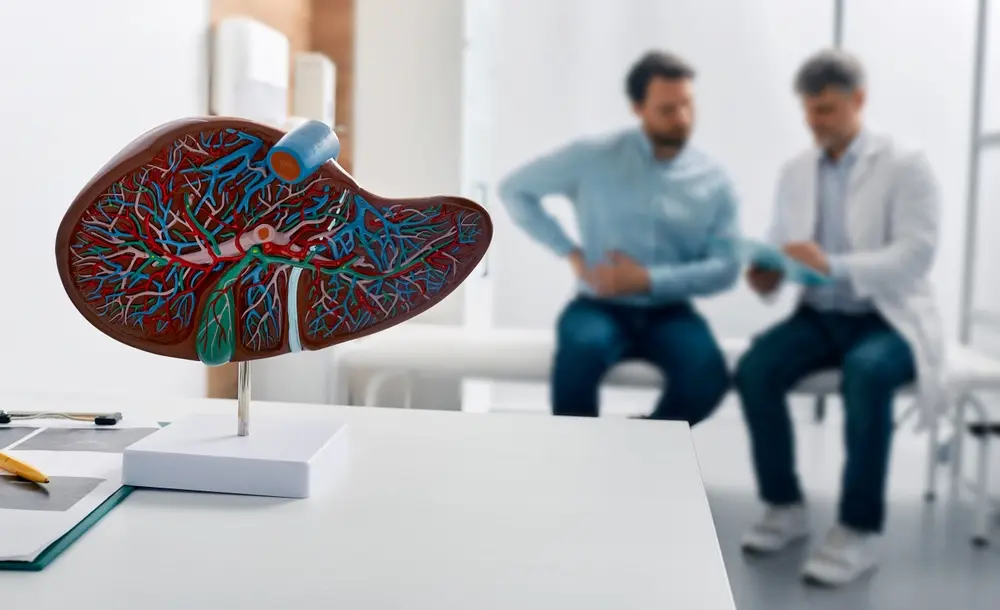
Imagine a scenario where your unique experience with a condition like classical homocystinuria (HCU) could pave the way for groundbreaking medical advancements. For those living with HCU, understanding and managing this condition is a daily reality. However, there's now an empowering opportunity to contribute to the broader narrative of HCU treatment and research. Science 37, a pioneer in decentralized clinical studies, is inviting individuals diagnosed with HCU to participate in new trailblazing studies. This initiative isn't just a chance to be part of cutting-edge research; it's a doorway to making a tangible impact on the future of HCU treatment and care.
Science 37 stands at the forefront of a revolutionary approach in medical research. By breaking down traditional barriers of clinical studies, they're bringing research opportunities directly to participants' doorsteps. For those living with HCU, this means a chance to be part of studies that understand and address your unique needs.
In the world of classical HCU, Science 37 and their research partners are spearheading research that is as groundbreaking as it is essential. Science 37’s participant experience is not confined to the walls of a doctor’s office or hospital. Instead, they come to you, allowing you to participate from the comfort of your home. This innovative approach is not just about convenience; it's about putting participants first, making clinical research accessible to those who are often left out due to geographical or physical limitations.
Participation in clinical research typically conjures images of frequent hospital visits, disruptive schedules, and the stress of the unknown. Science 37 turns this notion on its head. Their decentralized approach to HCU studies means you can participate from where you feel most comfortable - your home.
This method is especially beneficial for those with HCU, as it respects the unique challenges you may face daily. Whether it’s managing your diet, attending regular doctor appointments, or dealing with the physical symptoms of HCU, these studies are designed to seamlessly integrate into your life, not disrupt it. This remote/virtual participation model not only respects your time and comfort but also breaks down the barriers that often prevent people from contributing to important research like this.

Your participation in HCU studies goes beyond personal benefit. It’s a chance to contribute to a larger cause – the advancement of medical knowledge and treatment options for HCU. Each participant brings a unique perspective and set of experiences that are invaluable to researchers.
Consider the power of your contribution: You’re not just helping to advance scientific understanding of classical HCU, but you’re also paving the way for future generations who may face this condition. The data and insights gathered from your participation could lead to breakthroughs in treatment and better management of HCU, changing lives for the better.
Joining clinical research studies in most cases, comes with tangible benefits. First and foremost, participants may be compensated for their time and effort.
You may also gain access to the latest information and research on HCU. This means staying at the forefront of new treatments, management strategies, and overall understanding of your condition. Furthermore, being part of these studies may connect you with a community of individuals who share your experiences and challenges.
Safety and privacy are paramount in any clinical study, and Science 37 is deeply committed to these principles. Throughout these studies, your well-being is the top priority, with all procedures and treatments adhering to the highest ethical standards and safety regulations. Moreover, your personal data and medical information are safeguarded with strict confidentiality measures.
It's also important to note that your primary healthcare provider can be involved in the process. This ensures that your participation in these studies is aligned with your overall health plan and managed with full transparency.
If you're over 18 and diagnosed with classical HCU, getting involved in Science 37 studies is straightforward. Begin by filling out a prescreen questionnaire on their website. This will help determine if you're a good fit for the studies that are enrolling and provide more information about what participation involves. Please note: If you are a guardian of a minor with classical HCU, you can also sign your child up using this same path as we know this is a genetic condition and will run within families.

Participating in classical HCU studies where Science 37 is enrolling is more than just being part of research; it's about being at the forefront of a movement that values patient experiences and seeks to make significant strides in medical science. Your involvement could help shape the future of classical HCU treatment and provide invaluable insights that benefit others with the condition. It's a unique opportunity to contribute to science, receive compensation, and be part of a supportive community, all while prioritizing your safety and privacy.
Consider this opportunity not just as a participant in a study, but as a pioneer in a journey that holds the promise of transforming the landscape of HCU research and treatment. Your voice, your experience, and your participation matter.


